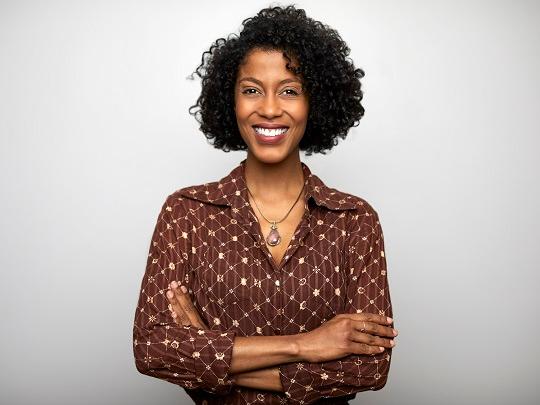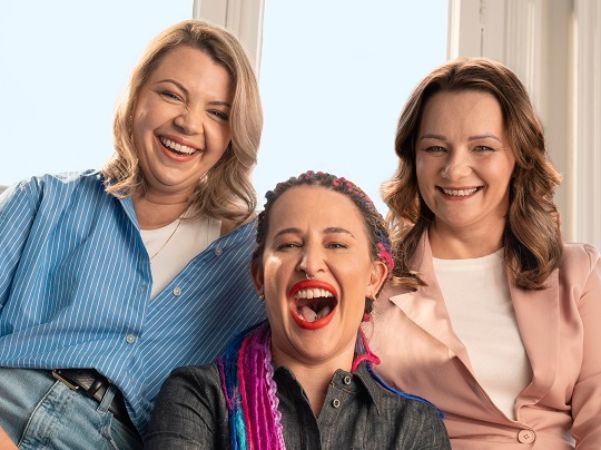Understanding breast cancer screening
And early detection
When breast cancer is found early, chances of successful treatment are higher.
Most breast cancer is found by women themselves, though women can also be diagnosed through breast screening.

Checking your breasts
Get to know what your breasts are normally like – being familiar with your body can help you spot any changes. The goal is to know what’s normal for you so you can spot changes.
And if you do notice a change, make sure you see your doctor.
Why does an early diagnosis make a difference?
Finding and treating cancer at an early stage can save lives. Cancer that’s diagnosed at an early stage, before it’s had the chance to get too big or spread to other parts of the body, is more likely to be treated successfully.
If the cancer has spread, treatment becomes more difficult, and generally a person’s chances of surviving are lower.


Seeing a doctor
- Be as stubborn as your symptom. Don’t worry you’re wasting your doctor’s time. If your symptoms haven’t gone away, make another appointment. Your doctor will want to know.
- Be thorough. Don’t dismiss changes as ‘part of getting older’ or assume they are down to another health condition you might have – mention them to your doctor.
- Be open. Tell your doctor anything that's not normal for you, even if it doesn't seem that important or isn’t the main reason you made an appointment. Some symptoms can be difficult to talk about, but there’s nothing to be embarrassed about: we are all human!
- Be prepared. Have a think about how to describe the changes, and roughly how long you’ve had them for.
- It’s your health, so don’t be afraid to take charge and ask questions!

Questions to ask your doctor
to help you make decisions about your health that are right for you:
How can I reduce my risk? Your doctor might ask you about things in your day to day life such as your diet, how active you are or measure your weight, and help you work out what step you could take to make healthy changes.
I have family history of breast cancer, what’s my risk? Your doctor will ask about your family’s cancer history. It might help to write down key details, like which relatives have been diagnosed with cancer and at what age, to help your doctor work out what next steps might be right for you.
What are my options? Your doctor will be able to explain what your options are for tests or treatments, so you can decide together what is best for you.
What are the specific benefits and harms about particular tests and treatments? Asking about pros and cons of a treatment or test can help you get a better idea of if it’s something you would like to do or not. Your doctor can help you understand what the impact might be for you.

Your screening options: what you need to know
Mammography is not perfect but is currently the best available screening technology. Mammograms take x-rays of your breasts so the doctor can look for signs that cancer is developing. New research findings, tests, technology and treatments are becoming available and it is important for women and their doctors to have regular discussions about the benefits, limitations and harms of screening tests to determine what’s best for each individual.
.jpg)
These educational materials were developed in partnership with Cancer Research UK with funding provided by the Avon Foundation for Women.
The information is intended to help you understand some of the risk factors for breast cancer, as well as actions you can take. It is provided for educational purposes only and should not be interpreted as medical advice. Be sure to consult your doctor or medical provider to develop the best personal care plan for you. Cancer Research UK has provided all statistics.


